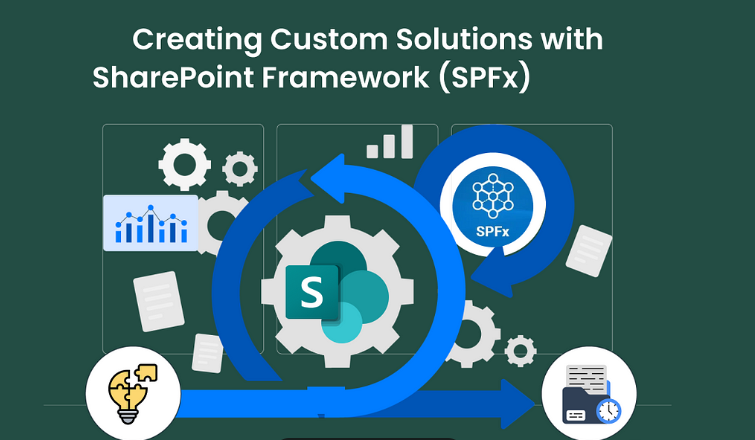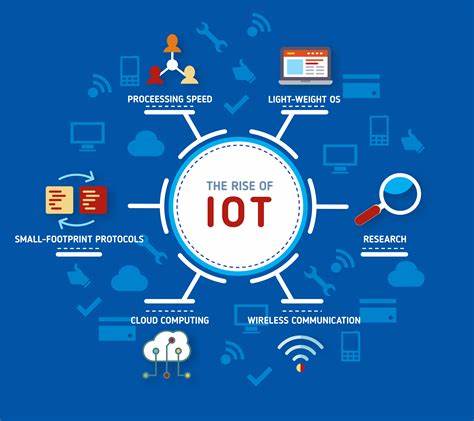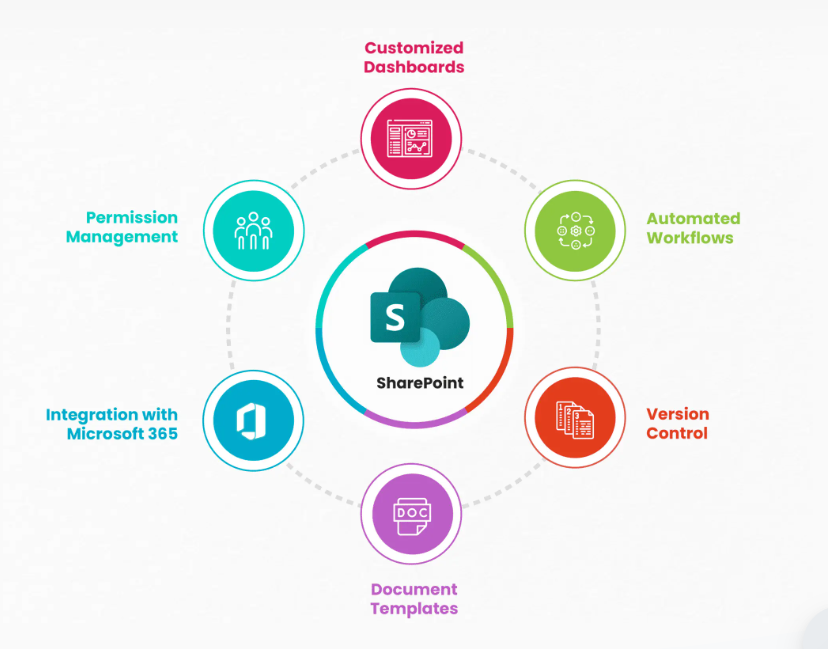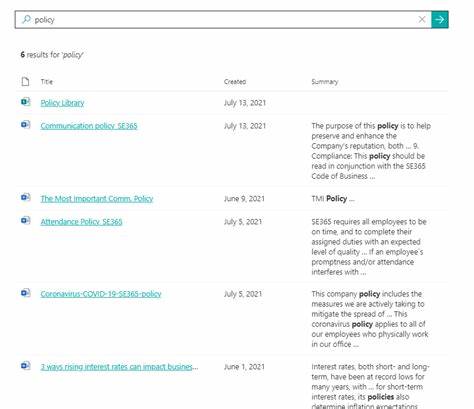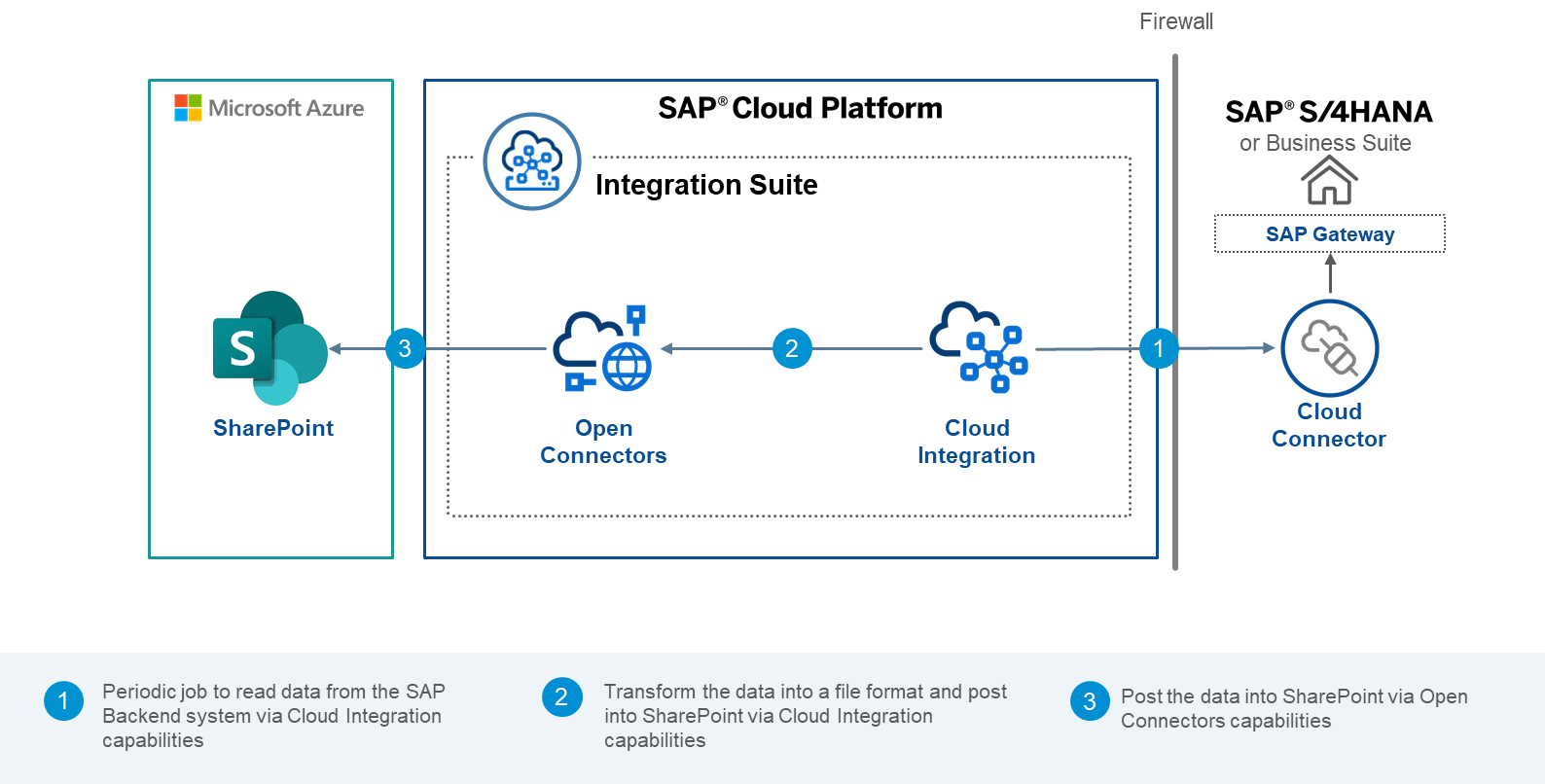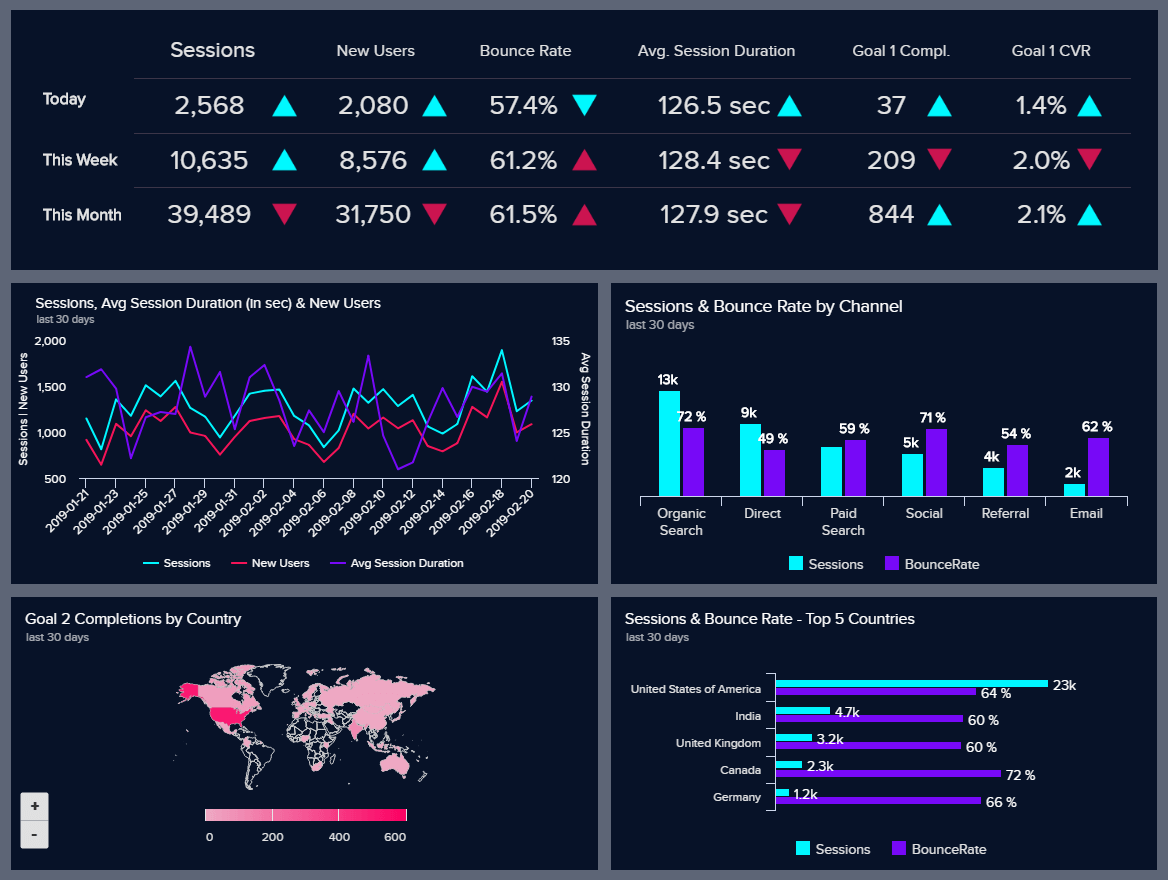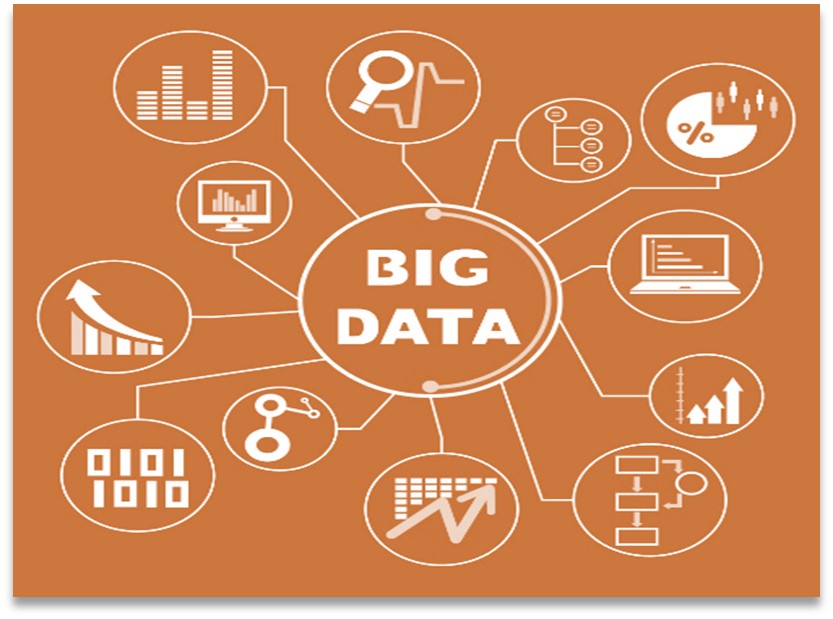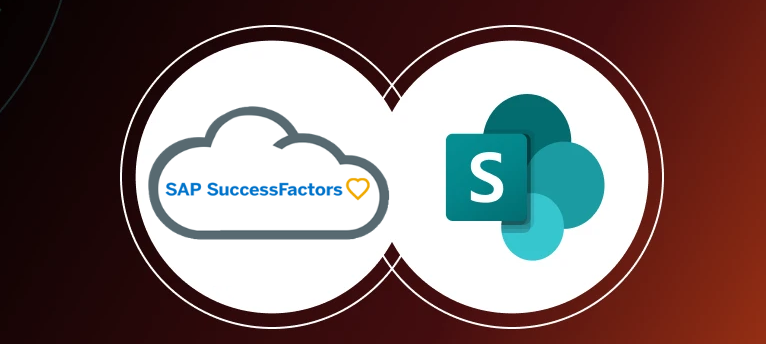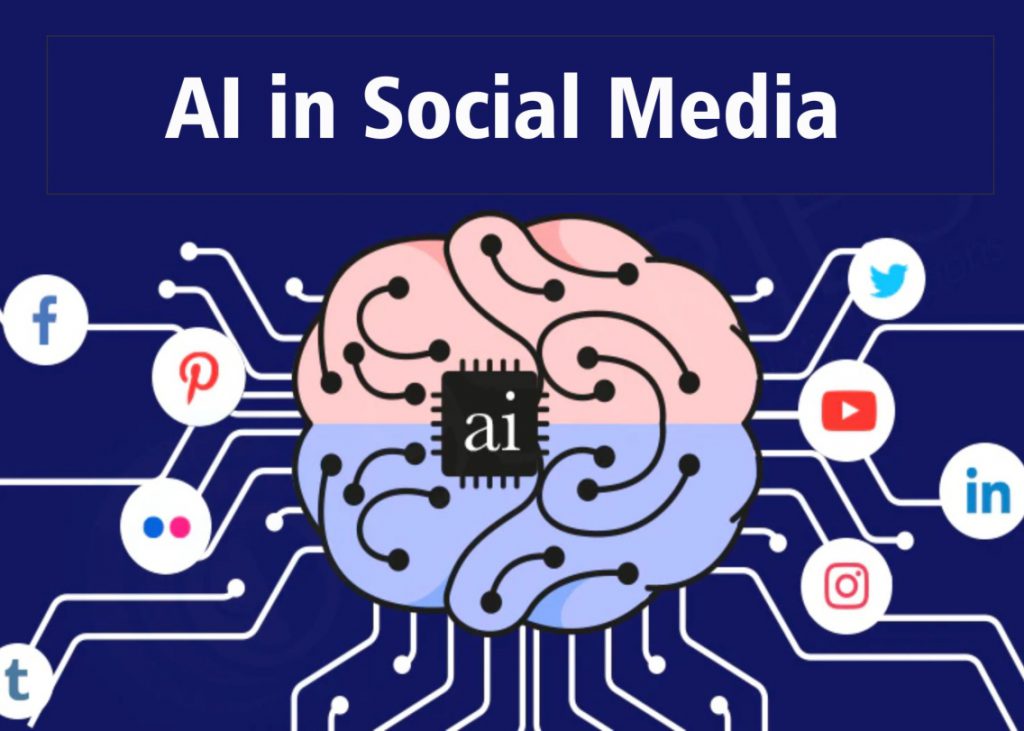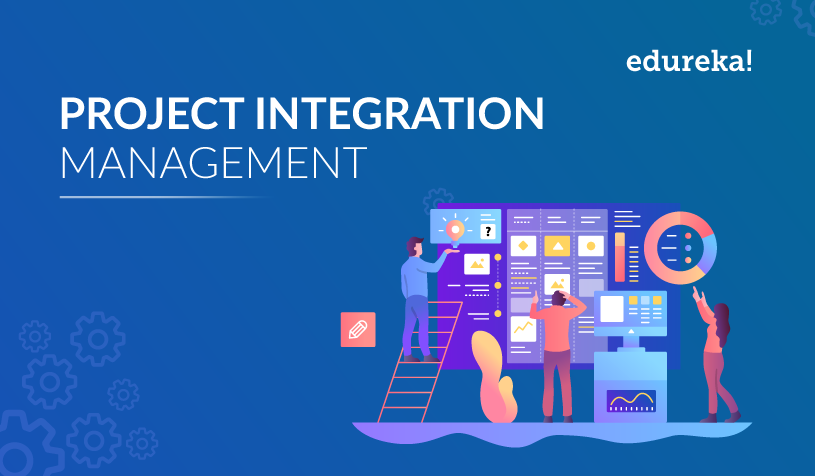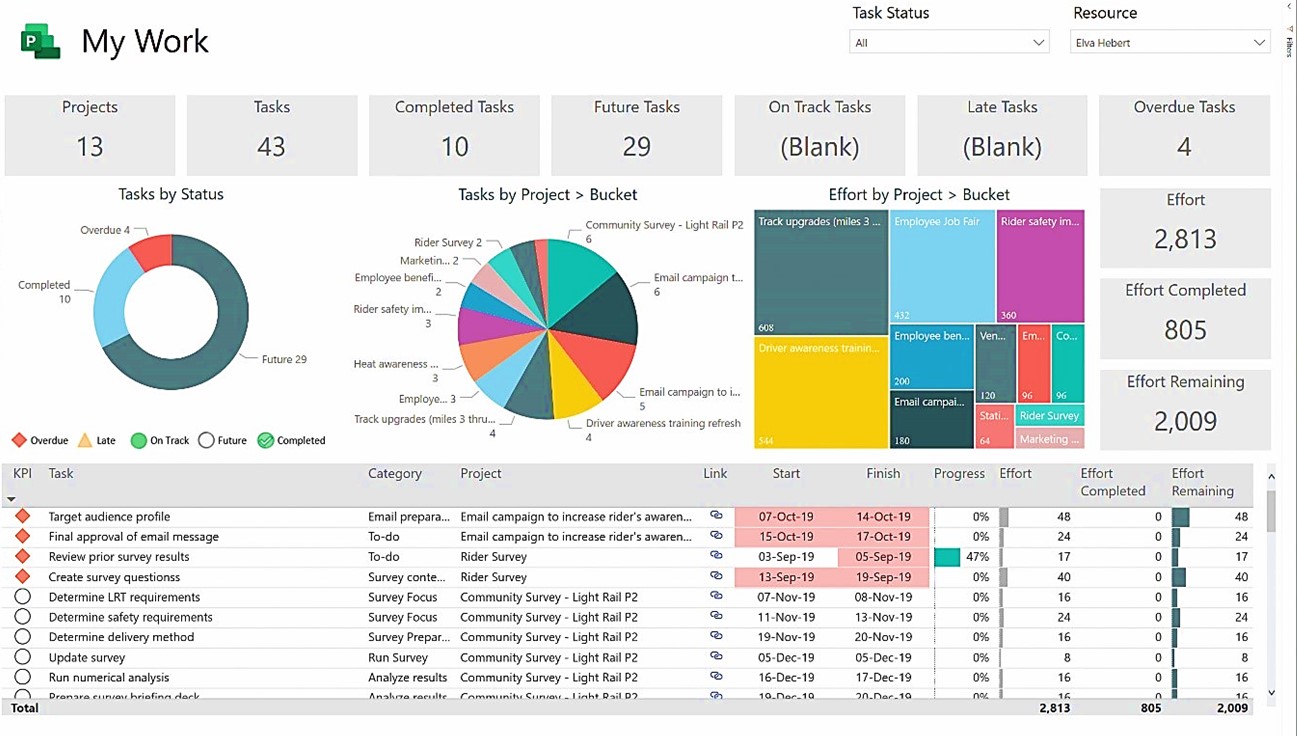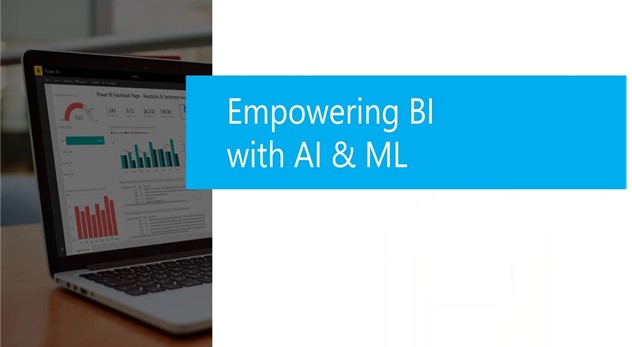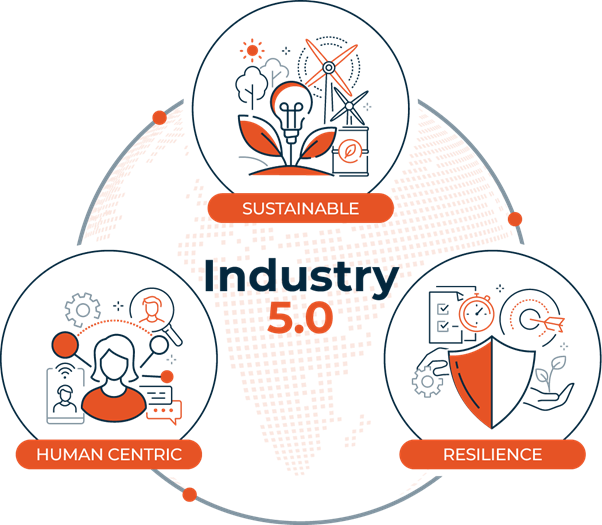
Managing documents effectively is a cornerstone of business success. Traditional document management systems (DMS) focus on organizing and storing files, but they often fall short when it comes to optimizing workflows and extracting actionable insights. Enter Artificial Intelligence (AI), a game-changer in the realm of document management. AI is transforming how organizations handle, search, and utilize their data, making DMS more efficient, intelligent, and user-friendly.
1. Intelligent Document Search and Retrieval
AI-powered DMS leverages natural language processing (NLP) and machine learning (ML) to enable intelligent search capabilities.
- Semantic Search: Instead of relying on exact keywords, users can search using phrases or questions, and AI understands the context to retrieve the most relevant documents.
- Optical Character Recognition (OCR): AI-driven OCR converts scanned documents and images into searchable text, making even non-digital data accessible.
2. Automated Document Classification and Tagging
Manually categorizing and tagging documents is time-consuming and prone to errors. AI automates this process by analyzing content and metadata.
- Content-Based Classification: AI identifies patterns, topics, or keywords to classify documents accurately.
- Auto-Tagging: Tags are generated automatically, improving document discoverability and reducing manual input.
3. Streamlined Workflow Automation
AI enhances workflow automation within DMS, reducing bottlenecks and improving productivity.
- Approval Processes: AI identifies required approvers and routes documents automatically based on predefined rules.
- Version Control: AI tracks change and suggests the latest or most relevant version of a document.
4. Enhanced Security and Compliance
AI ensures data security and helps organizations meet regulatory requirements.
- Data Loss Prevention (DLP): AI detects sensitive information, such as personal data or confidential business details, and prevents unauthorized sharing.
- Compliance Monitoring: AI analyses documents for compliance with industry regulations, flagging any deviations.
5. Data Extraction and Analysis
AI extracts key data points from documents, enabling better decision-making and operational efficiency.
- Invoice Processing: AI extracts information such as invoice numbers, dates, and amounts from scanned or digital invoices.
- Contract Analysis: AI identifies critical clauses, deadlines, and risks in contracts, saving time for legal teams.
6. Predictive Analytics for Document Usage
AI analyses how documents are accessed and used to provide actionable insights.
- Usage Patterns: Predictive models identify documents frequently used during specific projects or by certain teams.
- Optimization Suggestions: AI recommends ways to organize or store documents based on historical usage.
7. Voice and Chatbot Integration
AI-powered voice assistants and chatbots simplify user interaction with the DMS.
- Voice Search: Users can retrieve documents using voice commands, improving accessibility.
- Chatbot Assistance: Integrated chatbots answer user queries, locate files, and guide users through workflows.
8. Reducing Information Overload
AI helps combat information overload by summarizing lengthy documents and highlighting key points.
- Automatic Summarization: AI extracts summaries of documents, saving time for users.
- Recommendation Systems: AI suggests related documents or additional resources based on user activity.
The Future of AI in Document Management
The integration of AI in document management systems is still evolving. Future innovations may include deeper integrations with IoT devices, advanced voice processing, and real-time collaboration powered by AI.
Conclusion
AI is redefining document management systems, transforming them into intelligent hubs for organizing, analyzing, and utilizing data. Organizations embracing AI in their DMS are not only improving efficiency but also unlocking new opportunities for innovation and growth.
Would you like to explore how CIS can implement an AI-powered DMS for your organization? Let us know!






